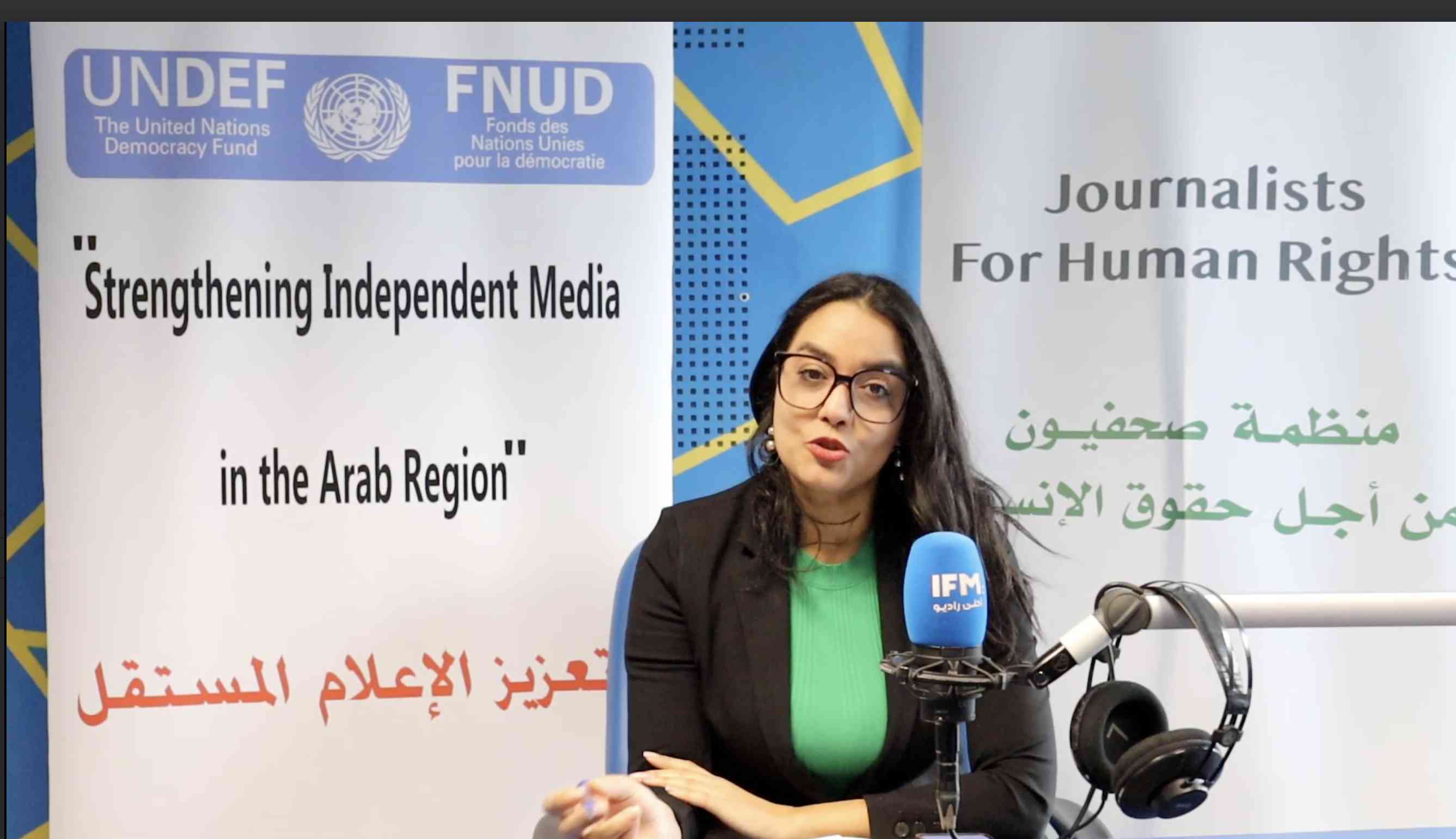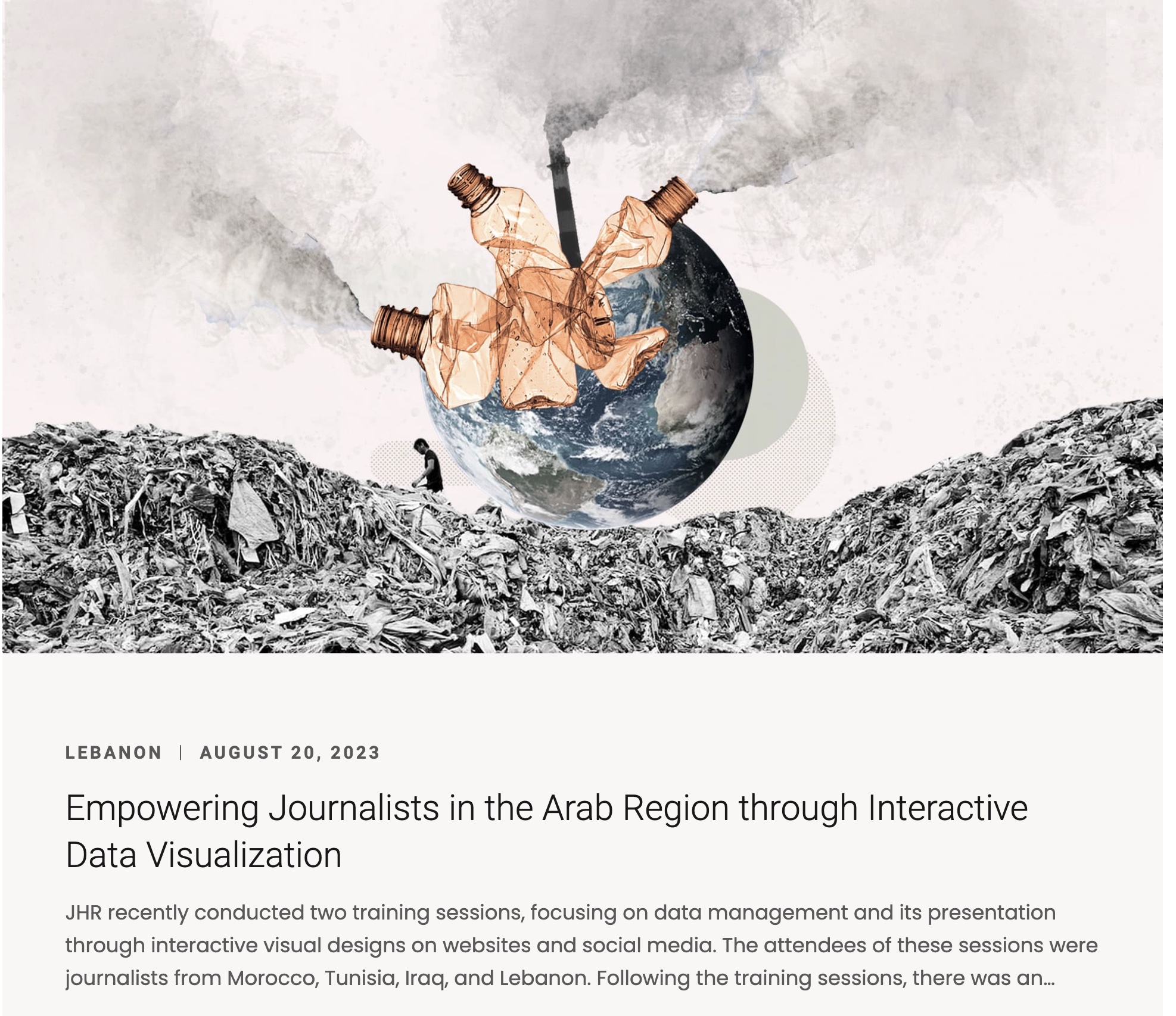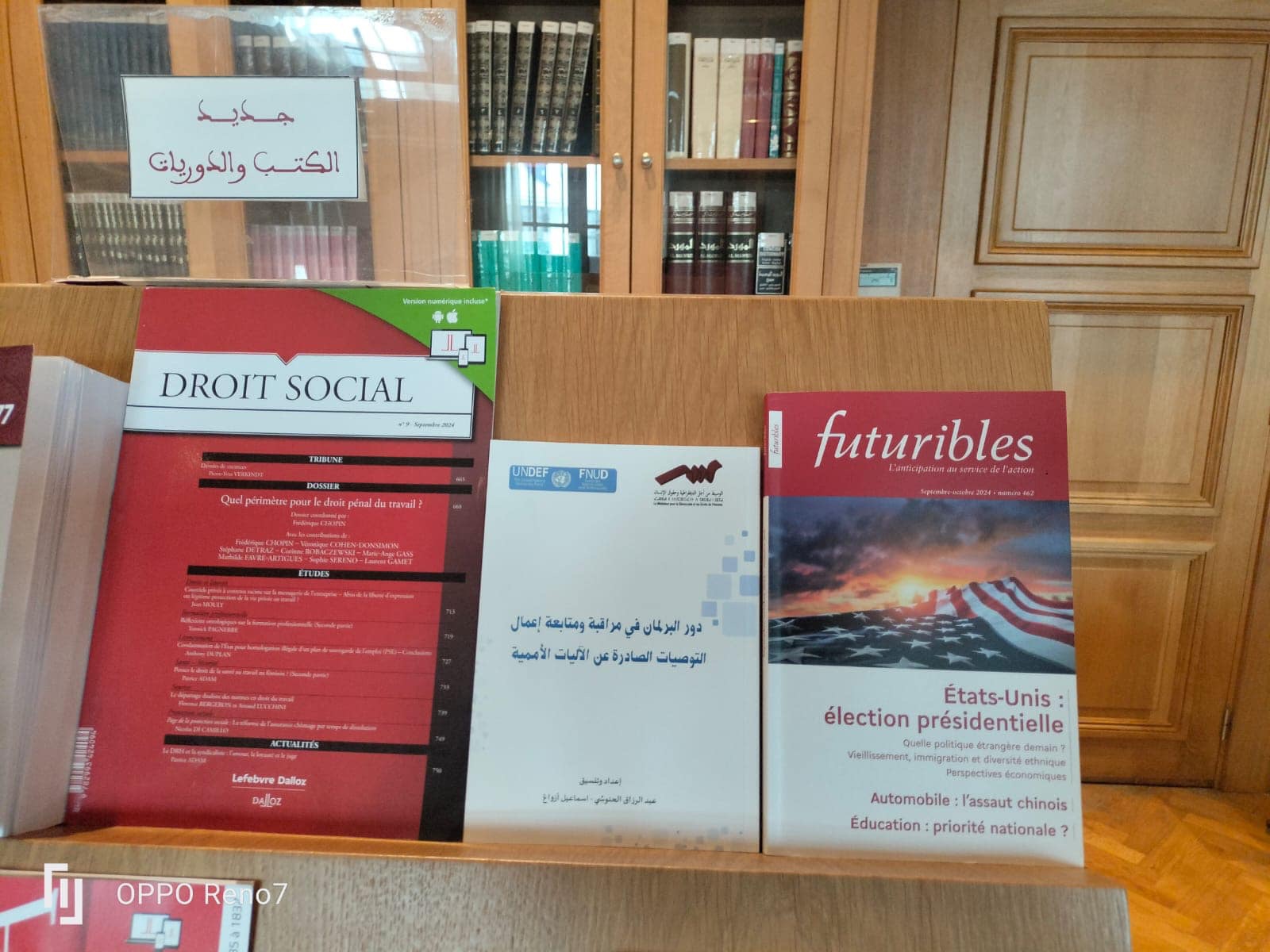Lesson Learned: Strengthening Independent Media in the Arab Region
Flexibility in project design is key to successfully implemented projects in rapidly changing contexts, especially in cases of deteriorating security, war, and (previous) pandemic-related lockdowns. In this project, the Implementing Partner has been able to effectively and efficiently shift activity implementation by relying on synergies from previous UNDEF-supported activities, networks of journalists and civic actors, as well as in-kind contribution to ensure successful project continuity.
The project aims to strengthen independent media in the Arab region so as to build greater accountability and better governance, by improving the working environment for journalists; advancing media freedom and accessible information and data; enhancing the capacity of freelance and full-time journalists to cover sensitive human rights stories; and improving journalists’ legal knowledge through strong working partnerships with civic actors. Project activities also incorporate responses to the Covid-19 crisis for journalists on the front line.




